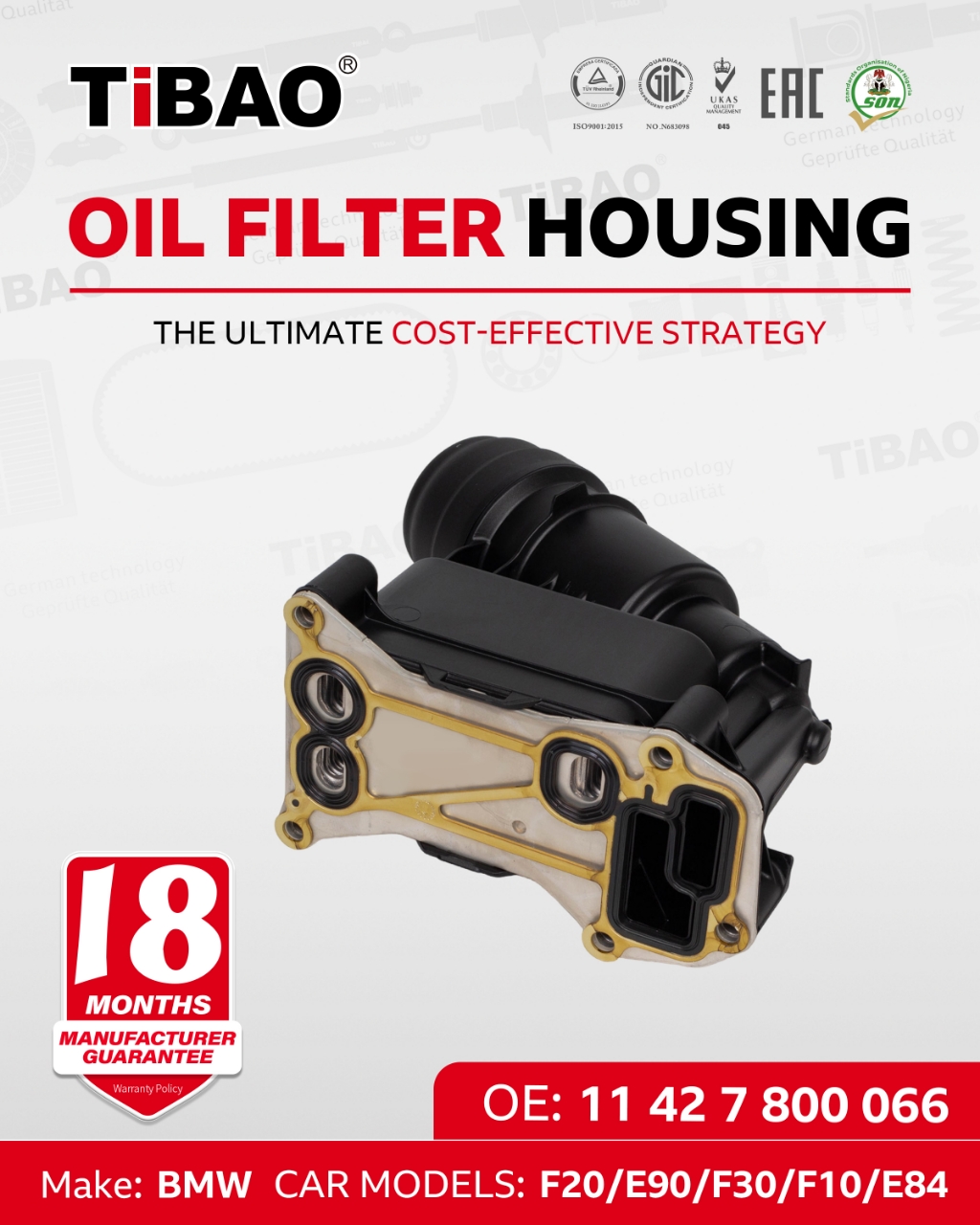When buying BMW E90 parts in bulk (wholesale), here are key considerations to ensure quality, compatibility, and a smooth transaction:

1. Identify Exact Requirements:
- BMW E90 Parts: Confirm the specific E90 variant (e.g., 320i, 325i, 330d) and production year, as parts can vary by engine type, drivetrain, and region.
- Determine which parts are commonly needed in bulk, such as brake pads, filters, engine, body, suspension components, or electronics.
2. Verify OEM or Aftermarket Preferences:
- OEM (Original Equipment Manufacturer): Ensures exact fit and high reliability, ideal for critical components (e.g., brakes, engine parts).
- Aftermarket: Suitable for cost-effective solutions but stick to reputable brands like TIBAO for quality assurance.
3. Cross-Check Part Numbers:
- Use BMW's part catalog to verify part numbers for compatibility. Cross-check these with suppliers to avoid mismatched or incorrect parts.
4. Evaluate Bulk Pricing and Discounts:
- Compare pricing across multiple suppliers. While competitive pricing is essential, excessively low prices could indicate counterfeit or substandard parts.
- Check if volume discounts or loyalty programs are available.
5. Focus on High-Demand Items:
- Stock common wear-and-tear parts like oil filters, air filters, brake pads, spark plugs, and control arm bushings, as they tend to sell faster.
6. Consider Upgraded or Performance Parts:
- If your market has demand for performance upgrades (e.g., sport suspensions, larger brakes), source these parts in smaller initial quantities to test demand.
By carefully evaluating these factors, you can secure a reliable supply of high-quality E90 parts, maintain customer satisfaction, and optimize your business operations.